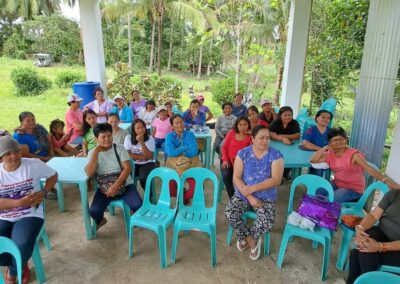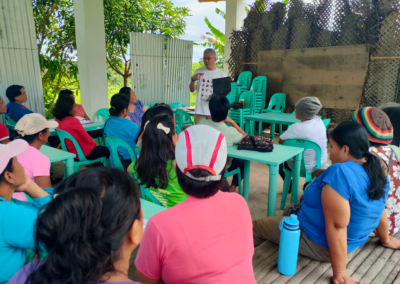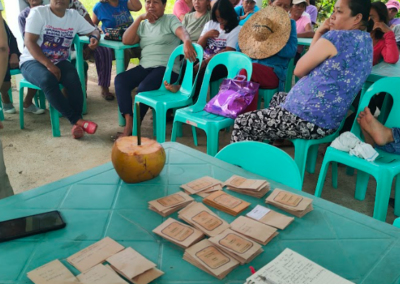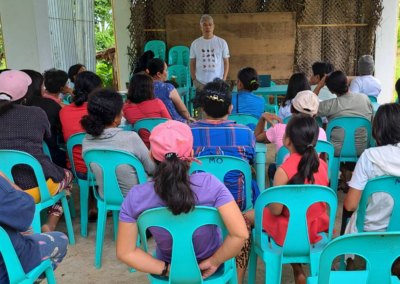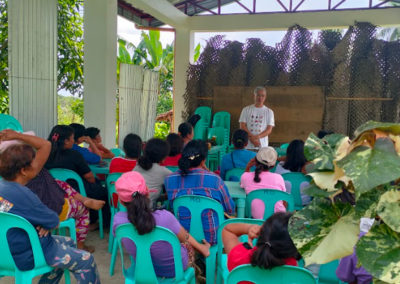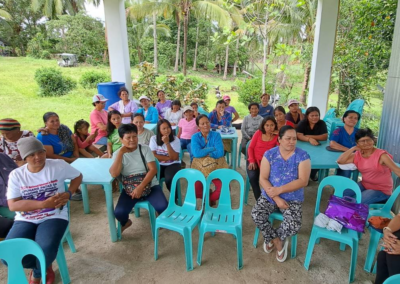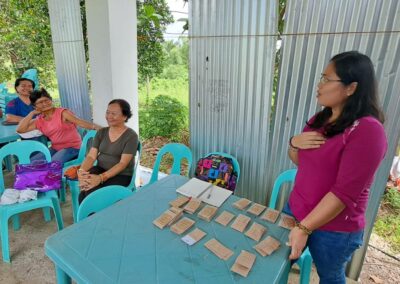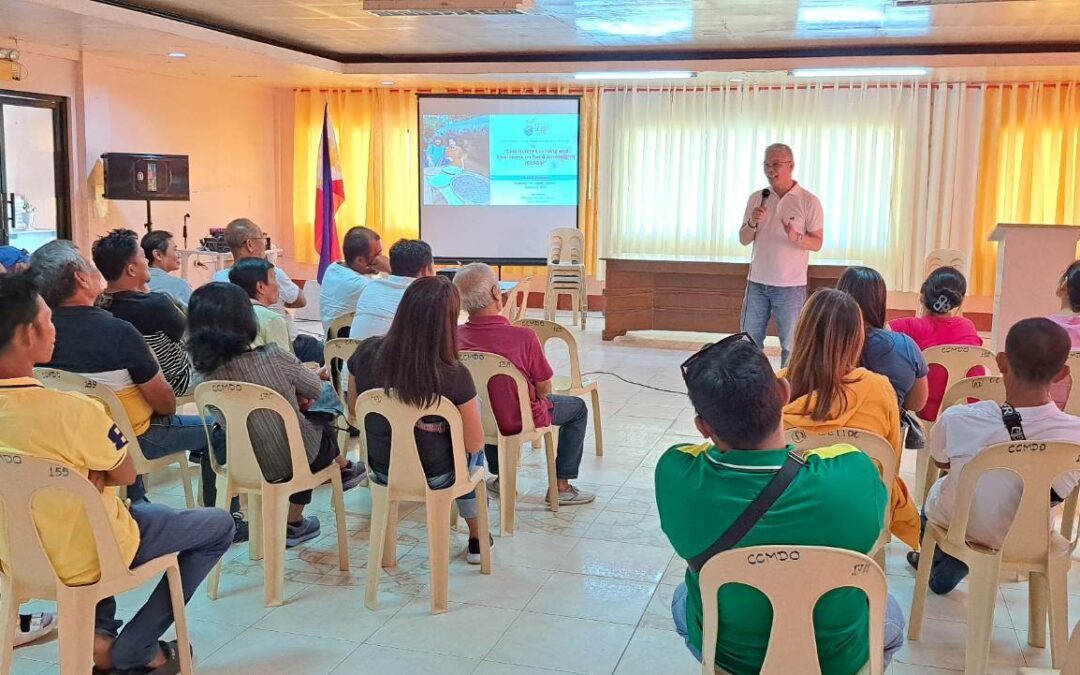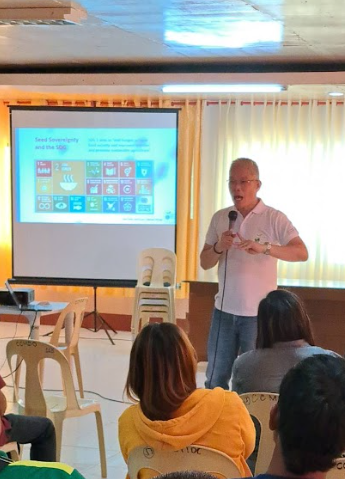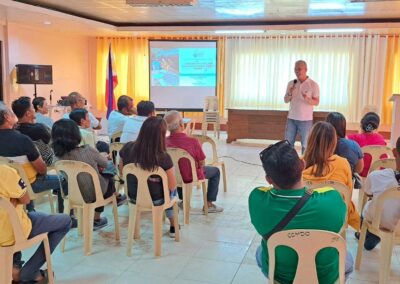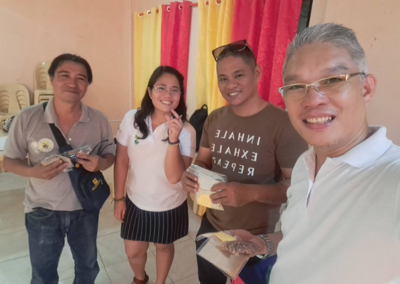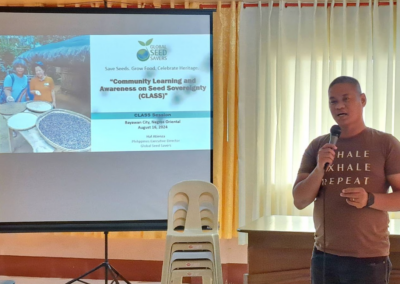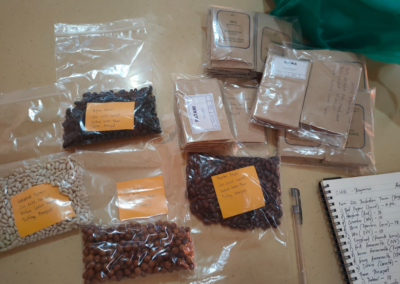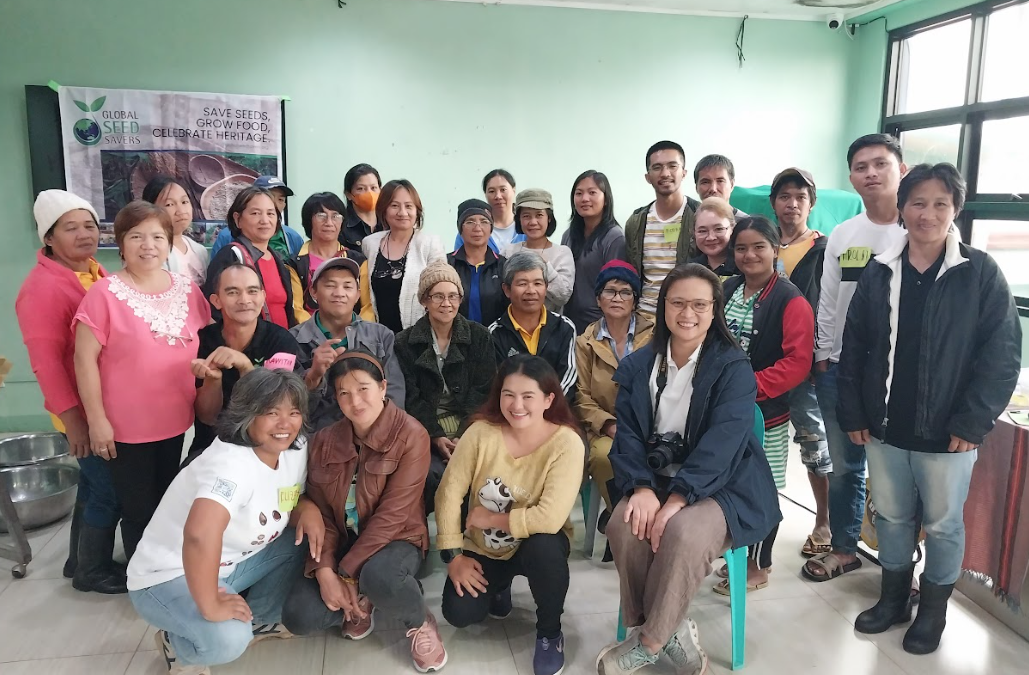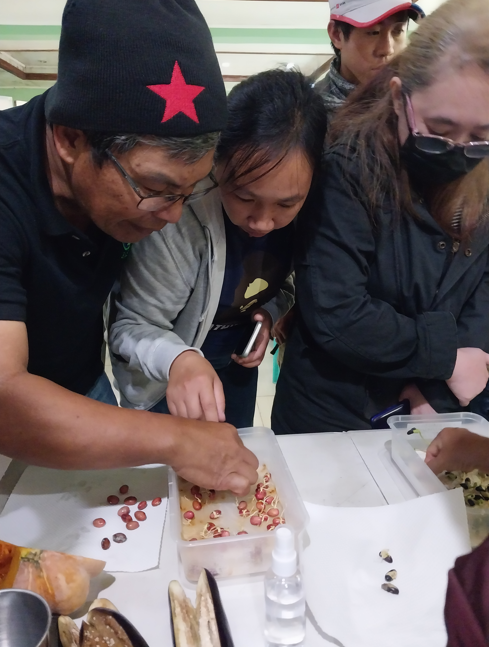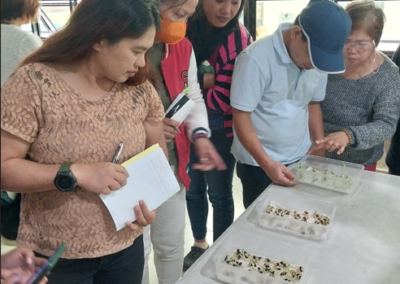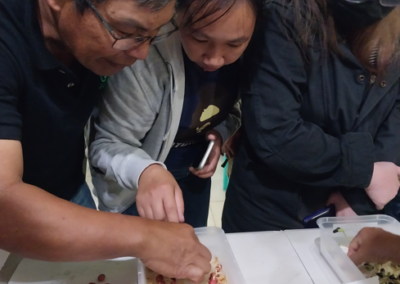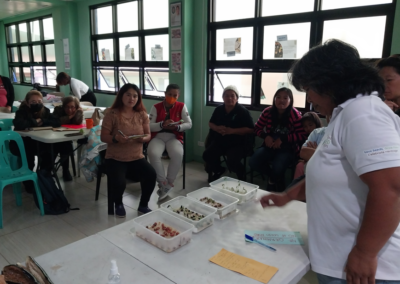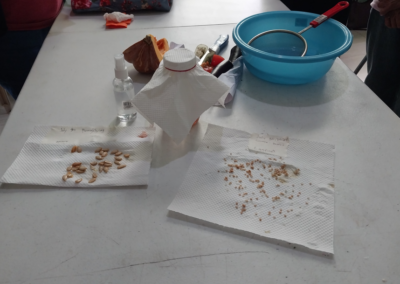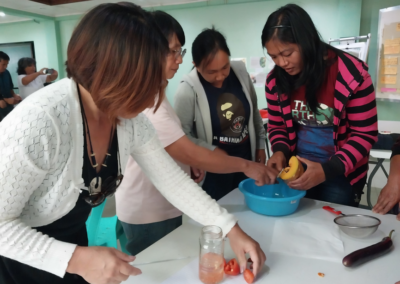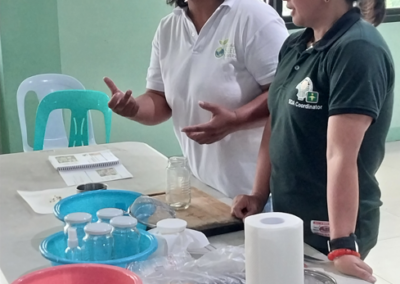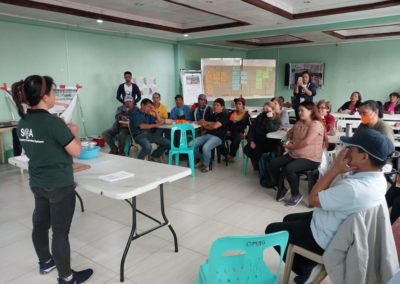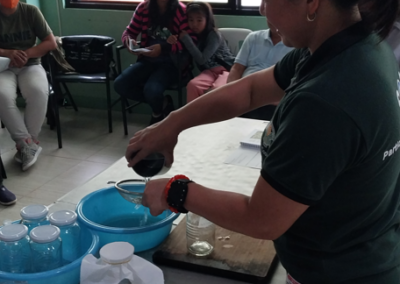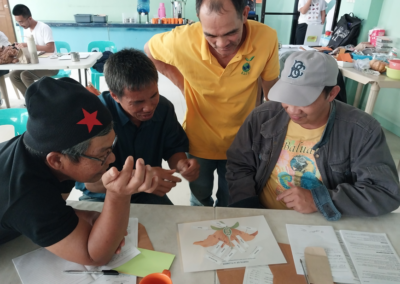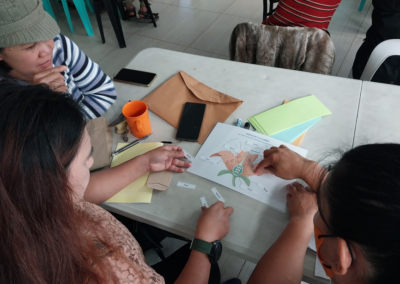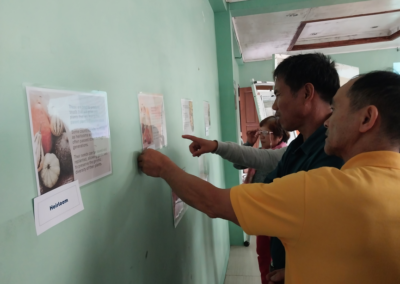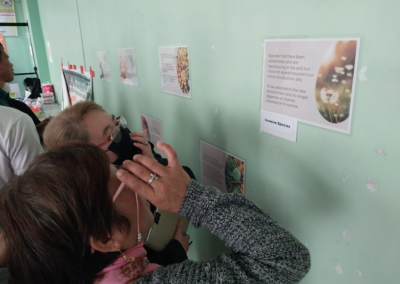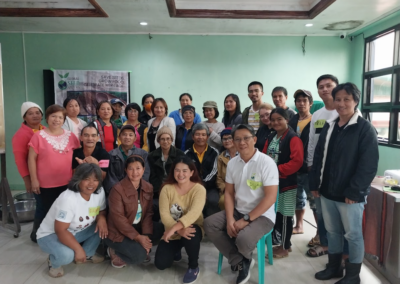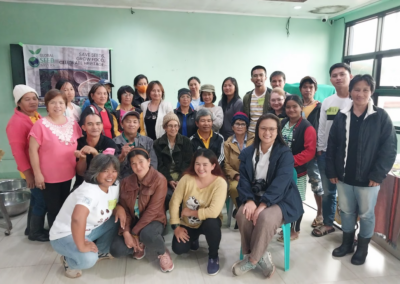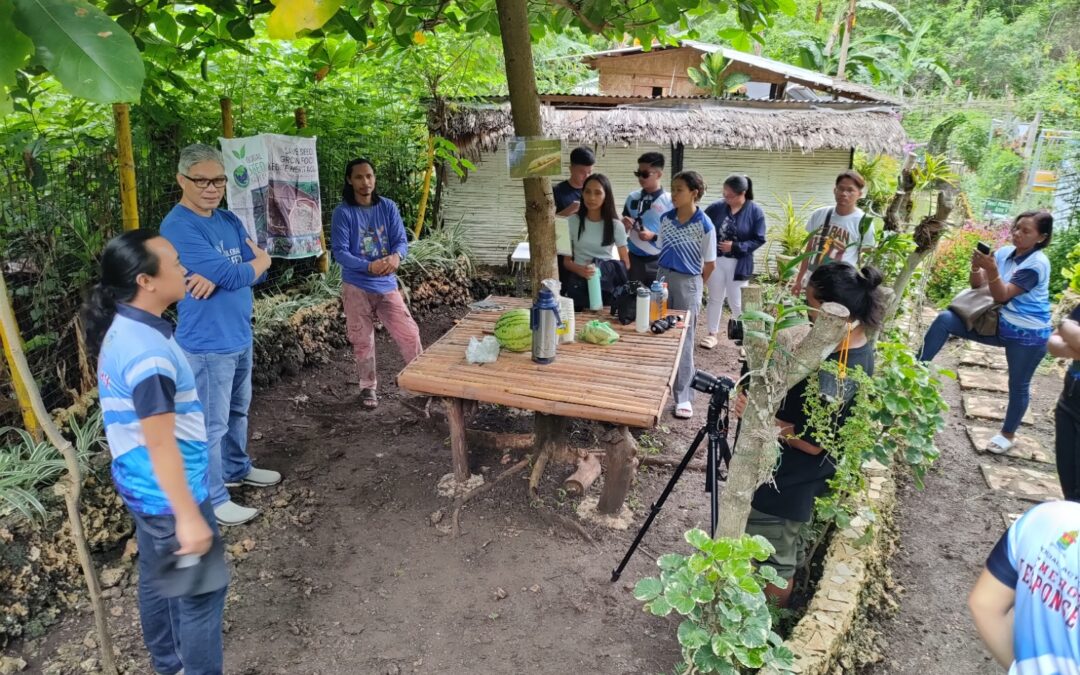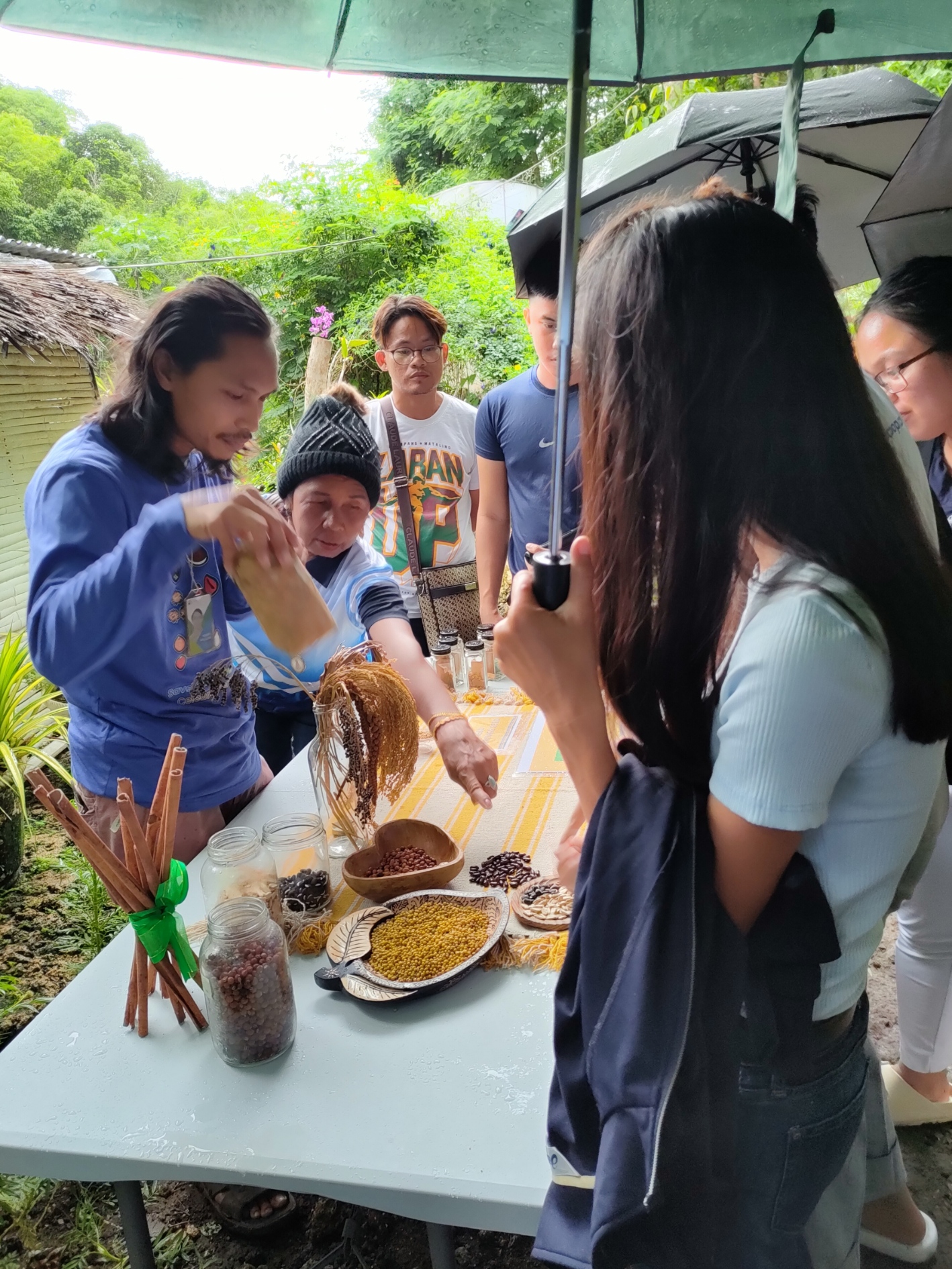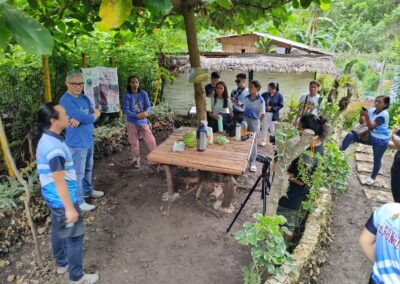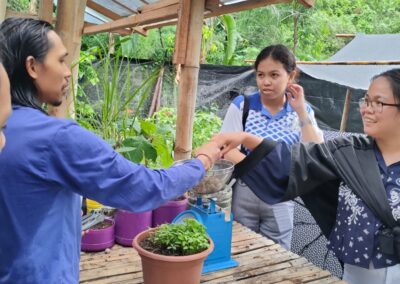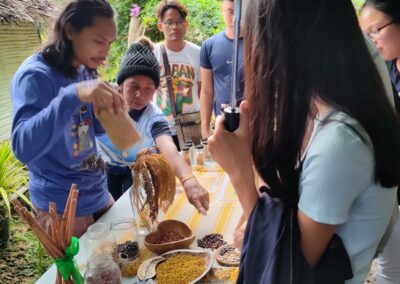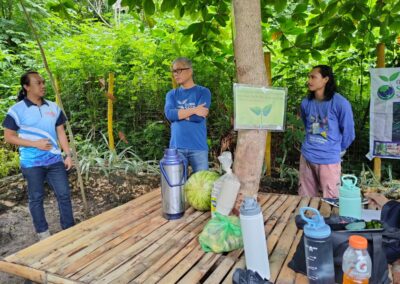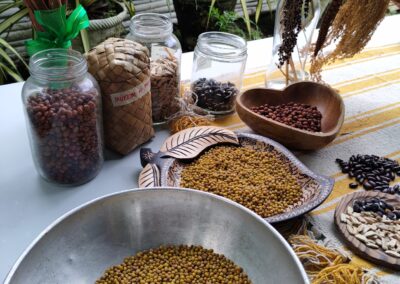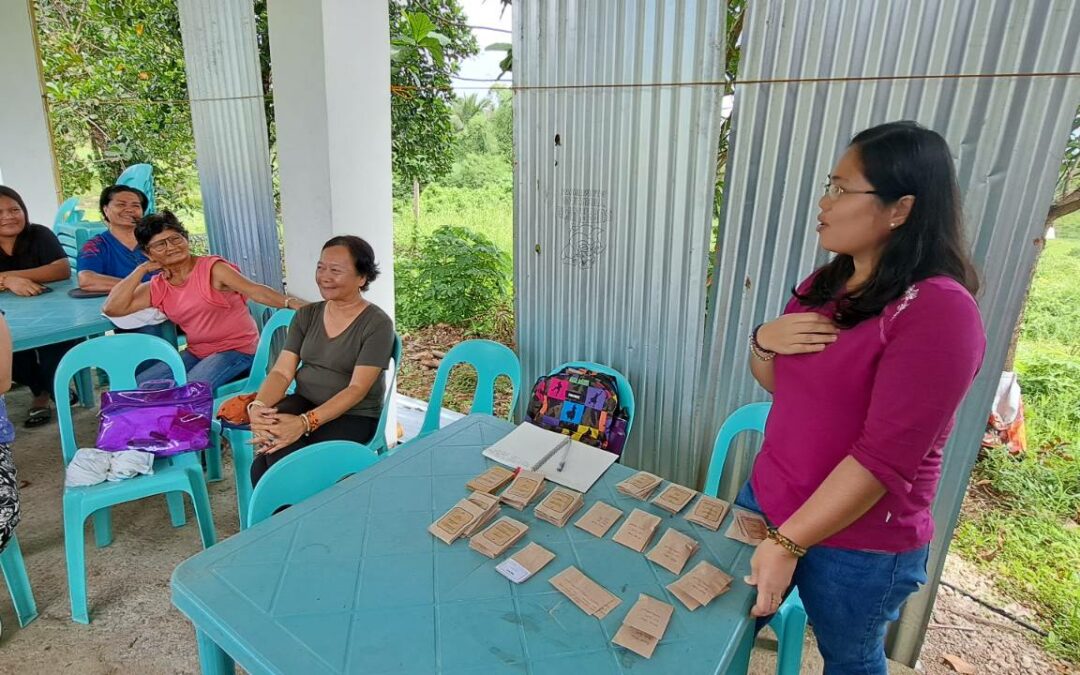
Women-Led Seed Saving Initiative at Kabilin Farm
Global Seed Savers recently held a Community Learning and Awareness on Seed Sovereignty (CLASS) session at Kabilin Farm, in partnership with Kababayen-ang Balikanhon Isip Lig-on ug Nagkahiusa (KABILIN). This initiative aimed to strengthen ties with local women farmers while introducing the principles of seed sovereignty. The session explored how seed saving can empower the farming sector, uplift communities, and benefit the environment. A key highlight was the confirmation that 18 participants will join the next Seed School 1 session, taking their first steps toward becoming seed savers!
The involvement of KABILIN members in this program offers a unique perspective, as these women balance multiple roles, from caring for their children to managing small businesses. Their participation in seed-saving presents an opportunity to validate research that shows women often take on the role of seed savers within households, given its nurturing qualities. This focus on women-led initiatives not only supports food sovereignty but also supports female farmers to take leadership roles in preserving vital seed varieties.
The creation of the KABILIN Women Seed Savers group holds great potential for producing high-quality seeds and fostering a sustainable future. As this partnership grows, we look forward to seeing how these women contribute to the seed sovereignty movement across the Philippines, demonstrating the essential role of women in nurturing both crops and communities.
